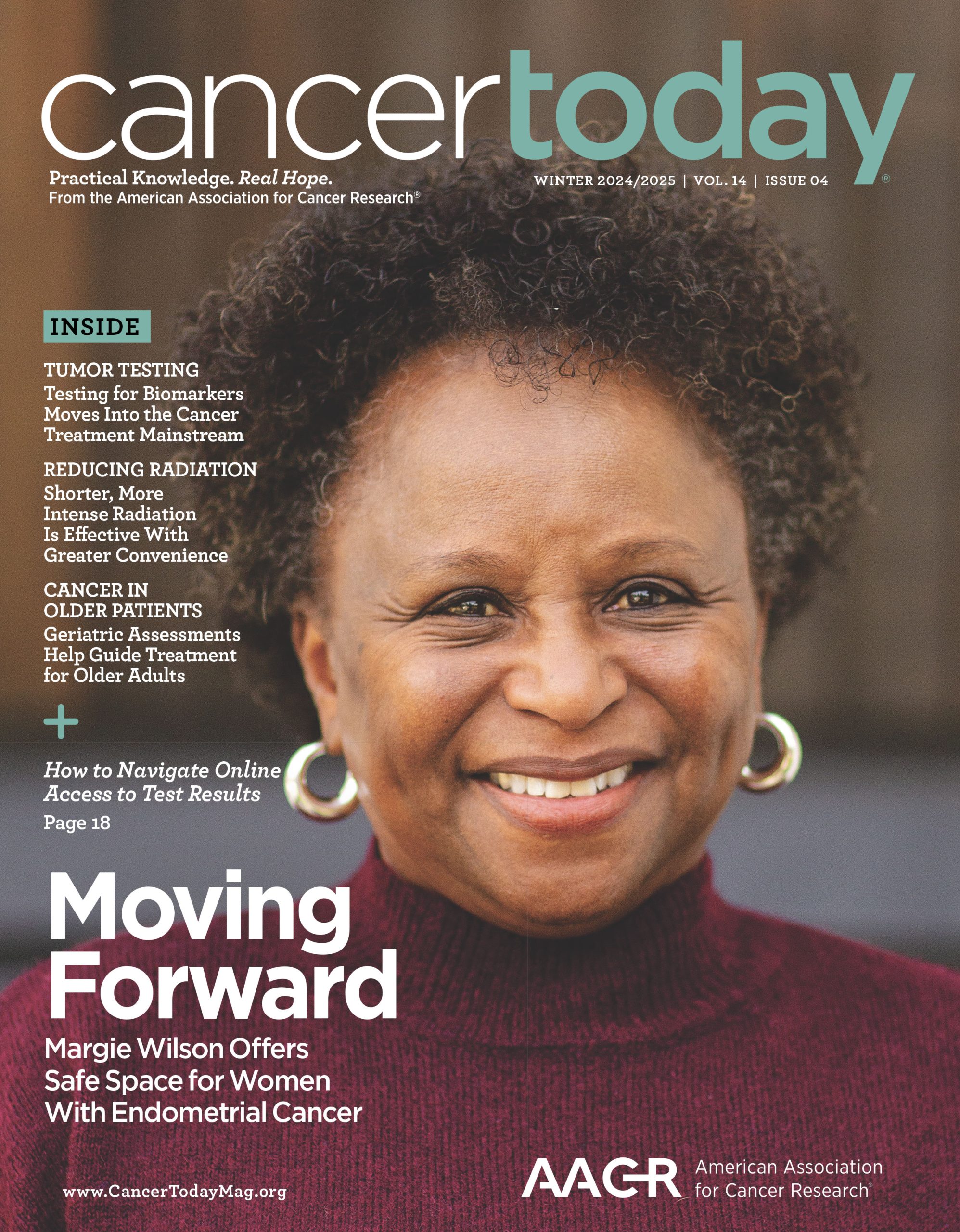Thinking about yoga often brings to mind images of people twisted up like pretzels and undertaking impressive feats of flexibility. But yoga isn’t solely about learning complex body contortions: A small but growing body of research suggests it can help cancer patients and survivors manage treatment side effects like fatigue and stress.
In February 2012, a small study of 63 women published in Supportive Care in Cancer suggested that yoga helped to reduce waist size and fatigue in overweight breast cancer survivors. Last December, a research group from India presented data at the San Antonio Breast Cancer Symposium that suggested yoga decreased anxiety and depression in patients with metastatic breast cancer, and a study published online in Cancer showed that yoga alleviated cancer-related fatigue in breast cancer survivors. Most recently, a pilot study conducted by researchers at the University of California, San Francisco, and published in the May 2012 Journal of Alternative and Complementary Medicine found evidence that yoga breathing could be used to reduce sleep disturbance and anxiety, and improve mental quality of life associated with cancer treatment.
A key part of yoga is learning how to take slow, long breaths, says Jean Di Carlo-Wagner, a 56-year-old colorectal cancer survivor who teaches yoga in San Diego. These breathing techniques can have an immediate calming effect on a person. “When you start to breathe slowly and consciously,” says Di Carlo-Wagner, “you begin to lower your blood pressure, and your heart rate goes down.”
But yoga’s benefits don’t stop there. Many people find that cancer makes them feel disconnected from their bodies, and learning how to perform yoga poses often helps patients reconnect with their bodies and become more comfortable with the physical changes caused by cancer and its treatments, Di Carlo-Wagner says.
If you’re interested in trying yoga, first talk to your doctor to find out if you have any exercise restrictions. Then, try to find a yoga instructor who has experience working with cancer patients and who understands the impact cancer and its treatments can have on the body. Your local cancer center may already offer a yoga program or be able to recommend a nearby yoga studio that has teachers with expertise in working with cancer survivors. The resources in the box above can also help you get started.




